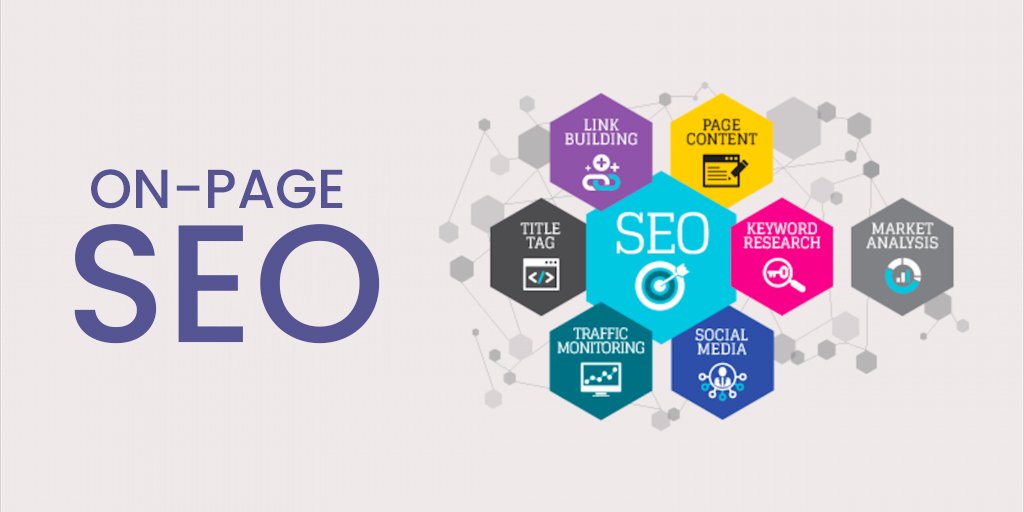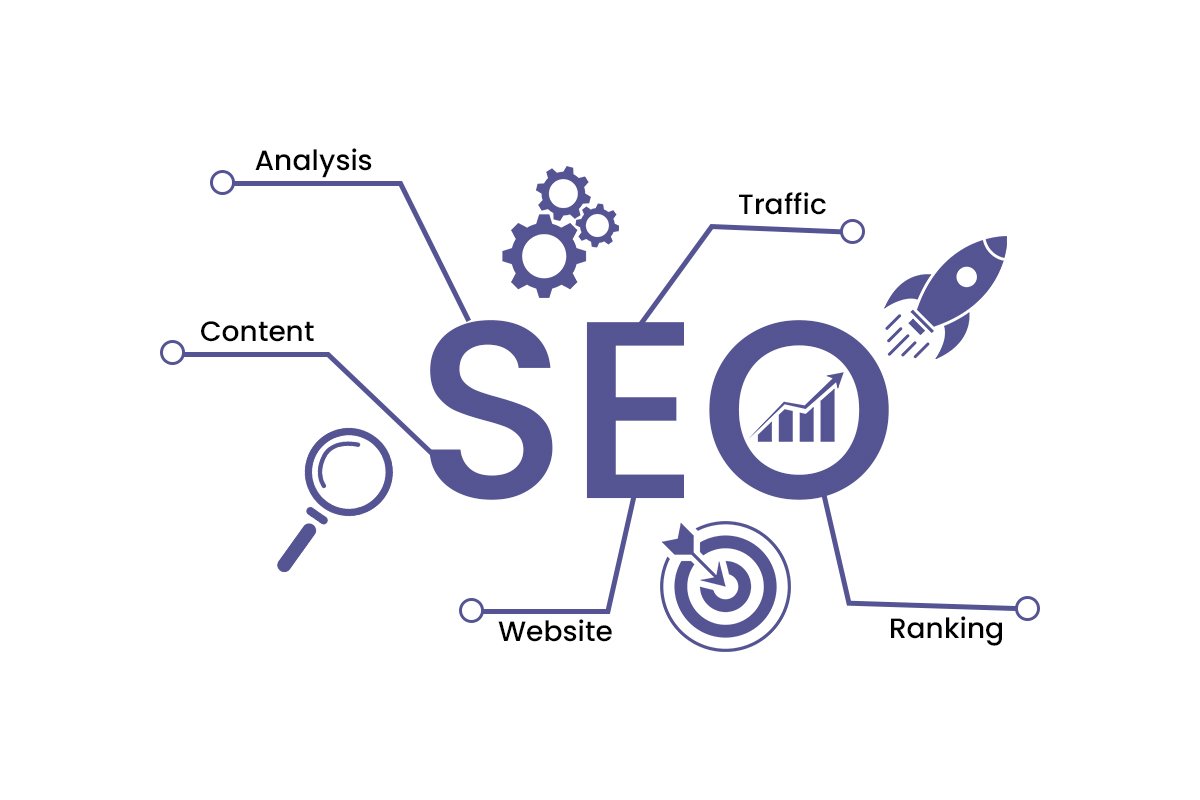In today’s digital world, simply having a website isn’t enough. To stand out and reach your audience, your website needs visibility—and that’s exactly where SEO comes in.
What is SEO?
SEO is the process of ranking web pages and posts on search engines like Google, Yahoo, Bing, etc SEO is organic and time-consuming, but when done right, it offers long-lasting results.
What is a Search Engine?
A program that searches for and identifies items in a database that correspond to keywords or characters specified by the user, used especially for finding particular sites on the World Wide Web.
How SEO works? What is the process of SEO?
When a user enters a search query in a search engine such as google, the search engine has crawlers which crawl the web for content relevant to the query. After finding the relevant content, the crawlers bring it all into the search engine results page aka SERP. This process is called Indexing.
We can use SEO to rank our web pages/posts for keywords relevant to our content. There are many benefits of SEO including increased traffic, leads, sales, revenue, etc
But SEO has changed a lot over the years due to algorithm changes in search engines like google.
SEO is an ongoing process and this fact cannot be changed. The reason it’s a never ending process is that the users behavior, algorithms and the scenarios keep on changing.
Process of SEO:
1. Learn how search engines work and what needs to be done to effectively build the page.
2.Monitor and understand the changes happening on the website and make updates respectively
3.Improve the quality of service you are providing and be competitive and productive
4.Try to know your audience and perform surveys and work on the requirements and make the changes on the page.
There are many types of SEO but 2 of the most important ones are On Page and Off Page SEO.
What is On-Page SEO?

On-page SEO (also called on-site SEO) means making changes on your own website to help it rank better on search engines like Google.
It’s all about making your website more useful and clear for both people and search engines.
Key on-page SEO tasks include:
- Optimizing for relevant keywords and search intent
- Crafting compelling and keyword-rich title tags and meta descriptions
- Structuring URLs for clarity and relevance
- Adding internal links for better navigation and crawlability
- Enhancing page speed, mobile-friendliness, and overall usability.
What is Off-page SEO?

Off-page SEO involves actions taken outside your own website to improve its search engine rankings. Unlike on-page SEO, these strategies focus on building authority, trust, and relevance across the web.
Common off-page SEO techniques include:
- Backlink building from high-authority websites
- Guest posting on relevant industry blogs
- Social media marketing to increase brand visibility and engagement
- Online reputation management and mentions on forums, directories, or review sites.
Why Does SEO Take Time?
SEO takes time due to these reasons:
Keyword difficulty or keyword competition:
when you have limited keywords for your content to get viewed, then the problem arises. You need to focus on the exact keywords that match user intent. There can be a cut throat competition for keywords.
If the particular keyword you have selected has a large search volume, then it can be difficult for you to get ranked for the same keyword. At this point, you need to do a thorough keyword research and finalize the appropriate one.
Competition:
In every industry, you will have competitors. If you have limited competitors, then chances are rare to get ignored, but if you have large and tough competitors, then it becomes difficult to sustain and fight. This is one of the main reasons for not getting ranked easily or quickly.
Inbound links:
Search engines trust websites that have quality backlinks from other trusted sites. But building these links takes time, especially if you want them from high-authority websites.
Domain age:
New websites usually take longer to rank. Older domains might also struggle if they’re not updated regularly. Keeping your content fresh and useful helps improve rankings over time.
Conclusion
SEO takes time, but it really helps your website grow. By using the right keywords, making useful content, and getting good links from other sites, your pages can slowly move up in search results. Keep learning, updating your website, and focusing on what your audience needs — that’s the key to success with SEO.
👉Check out our latest insights on Techvint.com for small businesses and startups.


